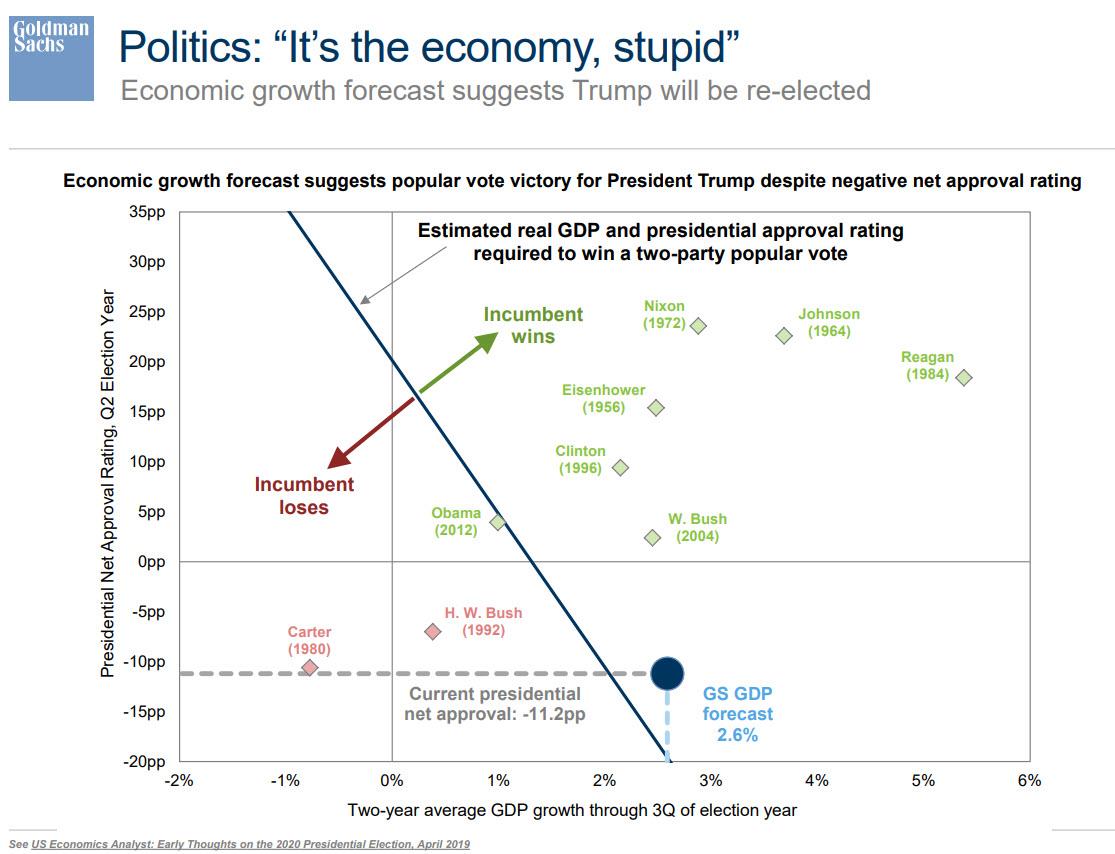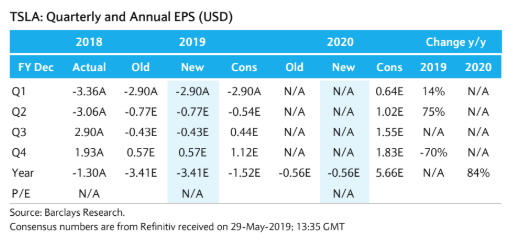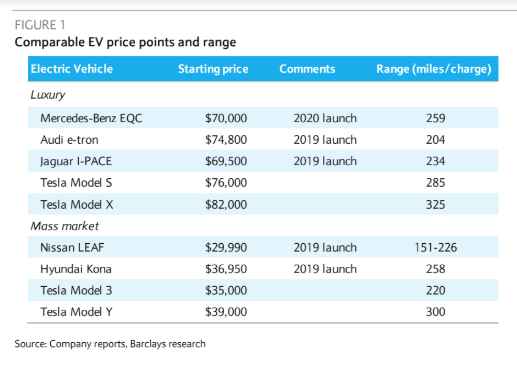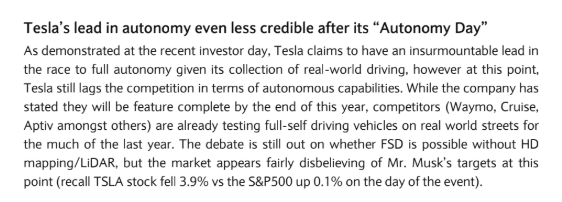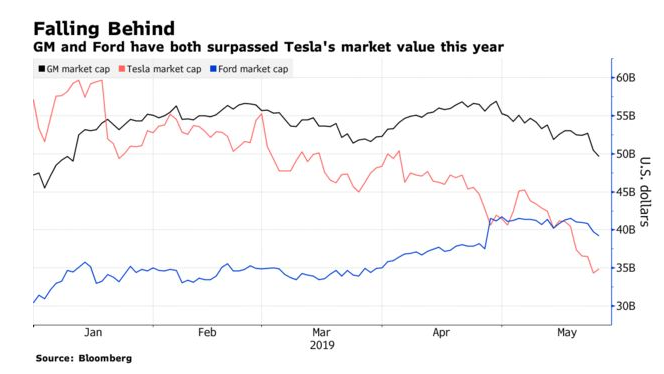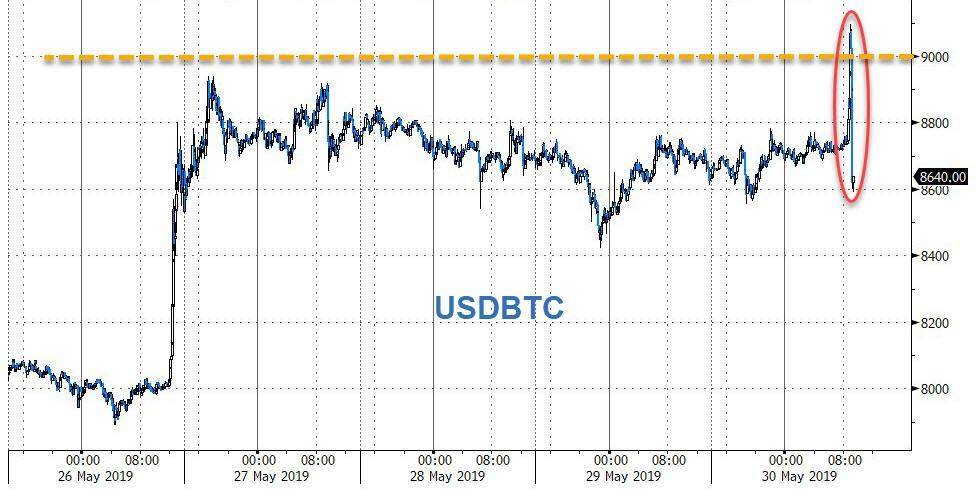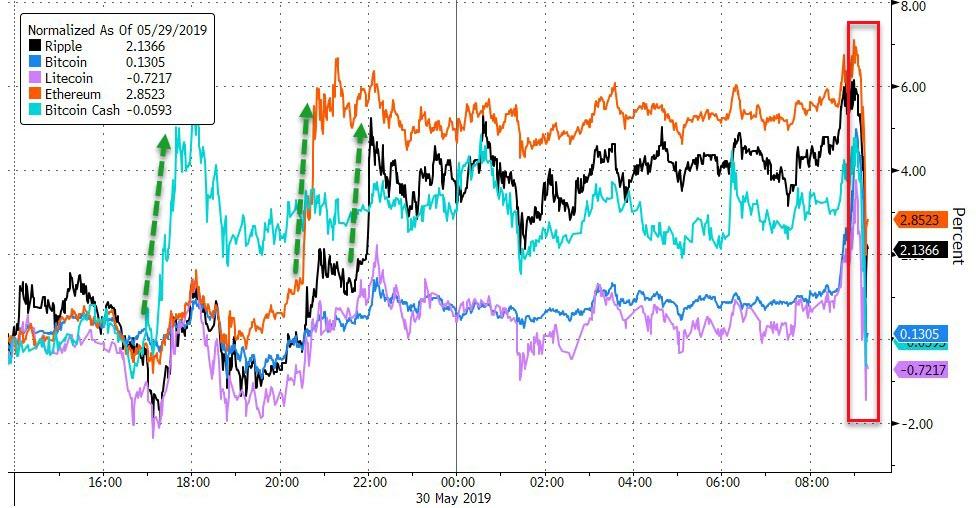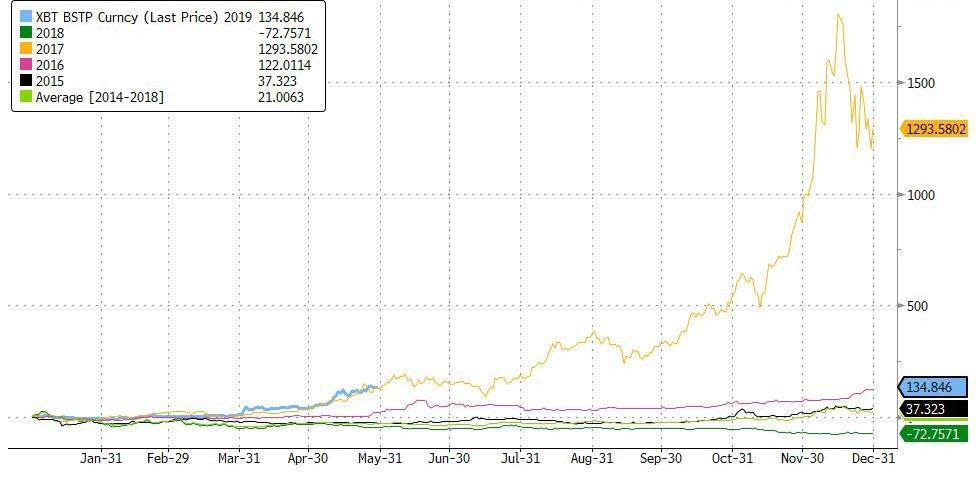California’s rent control advocates scored a partial victory yesterday. A bill capping rent increases statewide survived a crucial vote, but only after its author made a number of major concessions.
On Wednesday, the California Assembly approved AB 1482 by a 43-31 vote. The original version of the bill would have capped statewide rent increases at 5 percent plus inflation on buildings older than 10 years. The law would sunset, or expire, after 10 years.
California’s developers and landlords—who spent millions fending off a rent control ballot measure in 2018—opposed the bill.
According to the Los Angeles Times, the state’s Realtors association circulated memos in the state legislature last week demanding a number of changes, including shrinking the number of years the bill would be in effect.
Yesterday, Assemblyman David Chiu (D–San Francisco), the bill’s chief sponsor, agreed to increase the cap on allowable rent increases to 7 percent per year plus inflation, as well as have the bill sunset within three years, rather than 10.
“We have millions of Californians that are one rent increase away from being forced out of their homes for decades,” said Chiu to the Times. “They are our neighbors. They are our co-workers. They are our brothers and sisters. They are our grandmothers.”
The amended version of Chiu’s bill is roughly in line with Oregon’s first-in-the-nation rent control law. Passed in late February, that bill caps rent increases at 7 percent plus inflation for buildings 15 years and older.
Both AB 1482 and Oregon’s rent control law allow landlords to raise rents as much as they wish after an incumbent tenant moves out.
To prevent landlords from just evicting tenants in order to get around rental price caps, Oregon’s rent control bill also banned no-cause evictions. Landlords in the state generally have to show a government-approved reason before asking a tenant to leave.
Chiu’s bill does not ban no-cause evictions. Rather, it prevents landlords from kicking tenants out solely to avoid his bill’s price ceilings. In order to prove that they’re not doing that, landlords need only provide tenants with a written reason (other than wanting to increase the rent) for asking them to leave. Those non-rent reasons are not defined in the bill.
A separate pending bill, AB 1481, would ban no-cause evictions, and faces a Friday deadline for passing the Assembly.
Chiu’s bill now heads to the California Senate, where it faces an uncertain future. It’s unclear whether the concessions made will be enough to mollify opponents. Such a watered-down measure, meanwhile, can’t be expected to attract enthusiastic support from tenant advocates.
Oregon’s rent control bill received only lukewarm support from tenants, who considered it a decidedly compromised half-measure.
Tenants Together, a California coalition of local tenant organizations, spent most of its efforts yesterday supporting an ultimately failed Senate bill that would have made forming tenant associations easier.
According to the Times, Michael Weinstein of the AIDS Healthcare Foundation (AHF)—the primary funder of the “yes” side on the state’s 2018 rent control ballot initiative—deemed AB 1482’s provisions too weak even before they were amended. His organization is looking to put yet another rent control initiative on the 2020 ballot.
Economists generally take a dim view of rent control given its potential for reducing the construction of new housing. Capping how much developers can charge for new units reduces their incentive to build those units in the first place.
Empirical studies have found that rent control benefits tenants in price-controlled units, but also leads to a reduction in the overall supply of rental housing, as landlords are incentivized to take their properties off the market.
Rather than cap prices, free marketers generally favor lifting restrictions on building new housing supply.
A bill that would have done just that, by lifting statewide restrictions on building fourplexes and apartment buildings near transit, stalled in the California Senate earlier this month.
With efforts at goosing new supply paused for the moment, bills like Chui’s may prove more attractive. They may also make things worse.
from Latest – Reason.com http://bit.ly/2XoPCEk
via IFTTT
